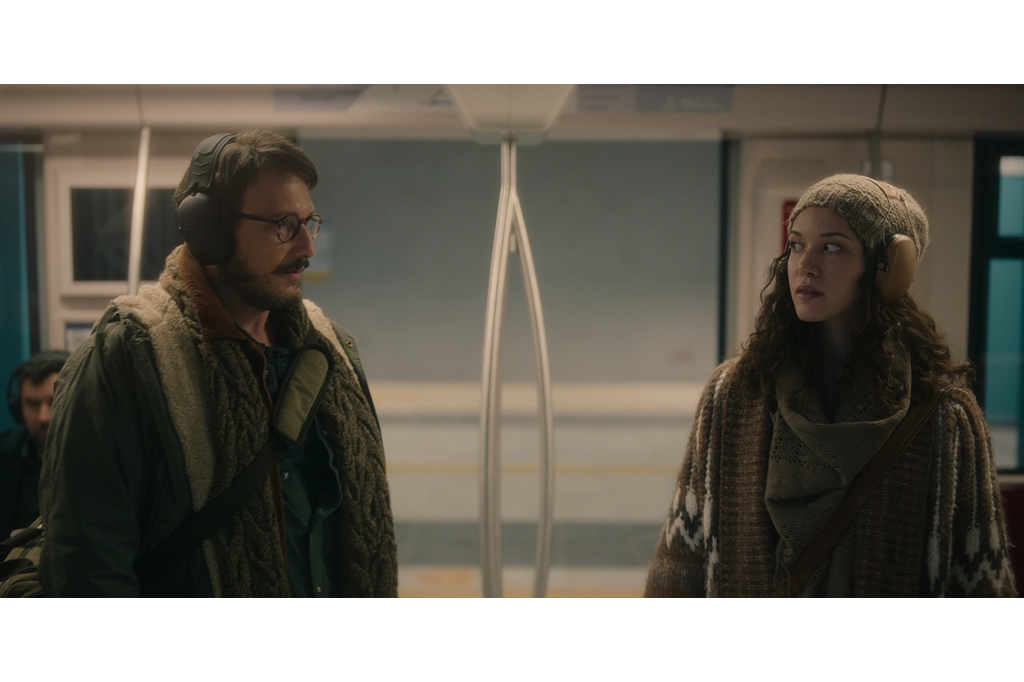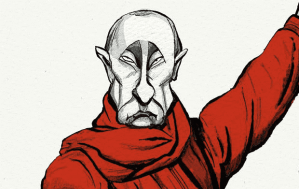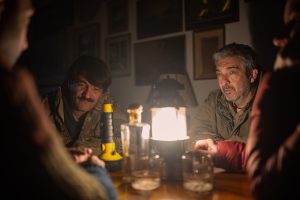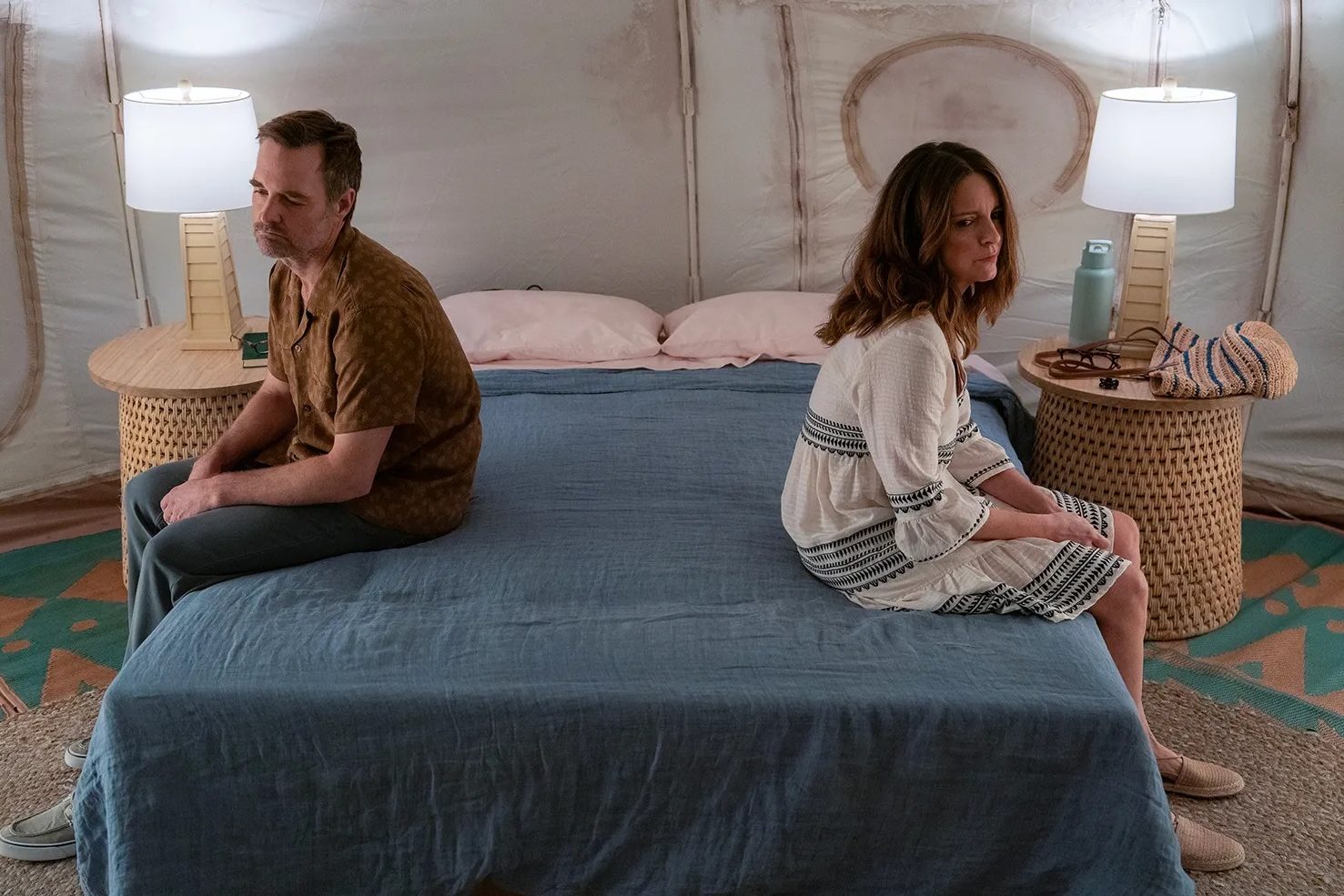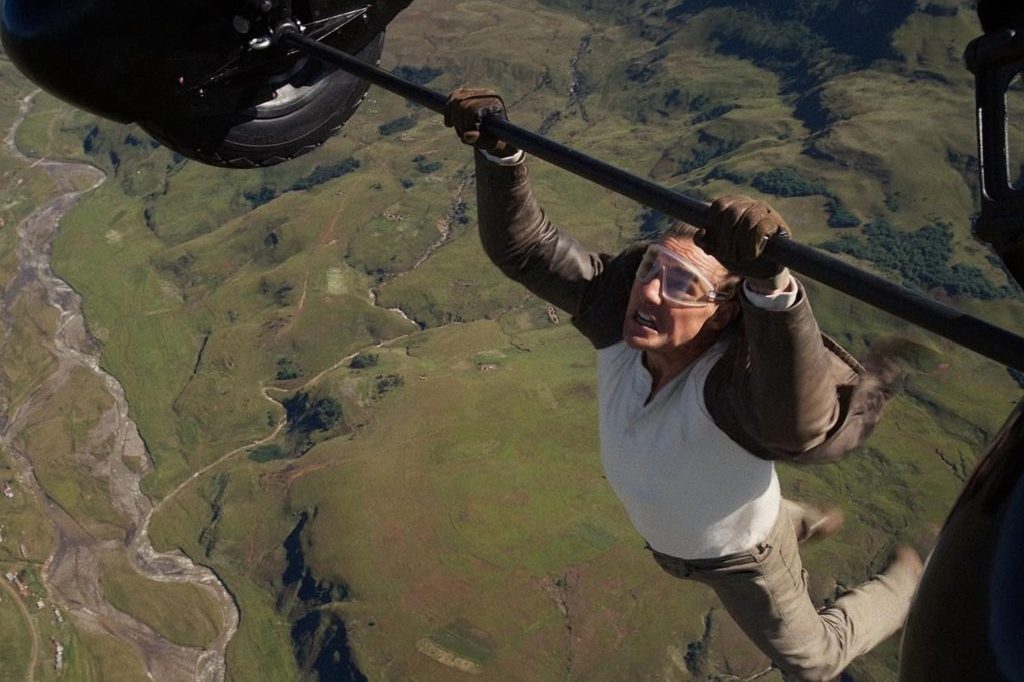A strange new virus has infected half the world but the cure is worse than the disease: authoritarian tyranny, in which the populace lose most of their freedoms, are subject to endless testing and are corralled into gated communities.
I’m talking, of course, about the wildly implausible plot of a dystopian sci-fi thriller called Hot Skull. On the downside, it’s a bit depressing, with relentlessly gray cityscapes so bleak it makes Blade Runner look like Pleasantville. On the upside, it’s Turkish which means that — as with the brilliant Russian post-apocalyptic drama To the Lake — you get a completely different, original and perhaps more honest satirical slant on the crazy world we’re living in. Foreign-language drama, in my view, seems to elude the censors in the way English-speaking drama generally doesn’t. It also seems less formulaic.
For example, the hero is disheveled, bookish and middle-aged. “The only very disturbing fact is that the main role is made by a man more than forty-five years old…” whines some ageist stripling on the Rotten Tomatoes review website. Excuse me? Let’s hear it for the older guy, I say. When it comes to saving the world, age and guile are a far more reliable bet than youth and inexperience.
His name is Murat Siyavus (Osman Sonant) and though he lives with his mother in a grubby apartment block, he’s no tragic incel but a (reluctant-ish) man of action with a special gift: unlike everyone else he appears to have immunity to this nasty bug that’s going round.
The bug is weird and oddly terrifying. It’s known as “Jabber,” so called because its first symptom is that the victim starts talking gibberish. There’s a chilling scene near the beginning where Murat has gone into a typical Turkish grocery store to buy some soap. A woman looks at him earnestly. “Excuse me, are you an engineer?’ Murat removes his headphones, which everyone must wear for security. “Don’t sacrifice the drive for friction for your hatred of cylinders!” she continues. The shopkeeper overhears. “Jabberer!” she yells, pressing a red button. A sliding metal security door descends, isolating the jabberer, Murat and, unfortunately, a little boy separated from his mother.
It’s an inspired moment of classic horror: the shrieks of the boy’s mother, the helpless desperation of the other shoppers and the chilling intensity of the jabberer as she leans closer to the child and says: “Tumble like a trout behind the sacrificial slide. If the trout is blue bronze I’m as bright as a knob.” You’ll never feel safe in a Slavoj Žižek lecture again.
Not all of it is quite up to this superb standard. I’ve yet to be convinced, for example, that its world-building skills are watertight. Perhaps it was all better explained in Afsin Kum’s original novel or perhaps the series, written and directed by Mert Baykal, will make it clearer in future episodes. But there currently appear to be a number of inconsistencies with this virus scenario.
Everyone has to wear headphones, the noise-canceling ones being especially prized. The poorer people just use moistened bread. At the same time, though, given how evidently virulent the threat is, people seem remarkably slapdash with their aural discipline, removing their headphones as and when in order to be able to converse. Surely, if the virus had been doing the rounds for eight years, and there were still infectious jabberers around, people would be communicating purely by text and written message in order to nip the disease in the bud?
Also, it’s not quite clear what the after-effects are. If the virus simply turns you into an even more annoying version of Noam Chomsky spouting relentless semiotic drivel, you’re obviously not going to be able to earn a living. Well, not outside academia. So how do these people survive? You certainly don’t get the sense that future-hell Istanbul has a particularly generous welfare state. And if the authorities are as tough as they look, wouldn’t they just kill the infected rather than pussyfoot around with quarantine centers?
Still, future-hell Turkey could be worse. I’m glad to see, for example, that many of the old traditions survive. Everyone still drinks endless cups of tea in those dinky little glasses, often accompanied by a cigarette — so at least two of the most important industries have survived the apocalypse.
I like TV series set in half-familiar or unfamiliar cultures, like Fauda and Squid Game. It’s visually and sociologically beguiling, even if it does mean you have to concentrate extra hard because you can’t make an educated guess as to what anyone’s saying, forcing you to focus on the subtitles.
This article was originally published in The Spectator’s UK magazine. Subscribe to the World edition here.



